When is it Helpful to Criticize an NBA Coach?
With the Portland Trail Blazers sporting an 11-22 record, Head Coach Chauncey Billups is coming into a fair share of criticism. Well, maybe more than fair. It’s hard to tell in the midst of a muddled season during a transitional era for the franchise.
That doesn’t stop people from taking Billups to task along with Blazers General Manager Joe Cronin and even us in our coverage of them! That’s the subject of today’s Blazer’s Edge Mailbag.
Dave,
Come on. We’re in the midst of the worst coaching job here since I don’t remember when. I’d rather have PJ Carlesemo back than Chauncey and you’re saying nothing. Why don’t you criticize the awful decisions he makes every night? And why not go for Cronin too? I seem to remember you having a thing for going after Olshey. What happened? Bias and favoritism much?
Keep me anonymous
Hey. Carlisemo was an underrated coach! He knew his X’s and O’s and coaxed a lot out of his lineups. Don’t be slandering the good name of P.J. around here!
More directly to your point, I think people fundamentally misunderstand what we do here.
No topic is off limits at Blazer’s Edge. When discussing topics, we always tell the truth as we see it. Different writers may see things different ways. That’s fine. We’ve had periods where we’d publish one piece of analysis on a Tuesday, then publish another piece that drew a different conclusion on Thursday. Both were valid. Both viewpoints deserved the light of day. So we ran them. That’s how we work editorially.
At no time have we ever said, “Land on this point of view because it will be more agreeable or get more views.” At no point have we ever said, “We cannot or will not run this because it will get us in hot water.” We tend to be judicious in what we say as a matter of professionalism and respect. We’re not going to fly off the handle criticizing real, live people doing their jobs as best they can because their end product doesn’t match our expectations. We’ll look at our expectations as hard as we look at their work. But when something is going wrong, we’ll say it.
But truth isn’t the only metric we use to evaluate our product. We all encounter millions of truths every day. We could name hundreds about the Trail Blazers right now. The question is, which of those truths have the most value at this moment?
One way to gauge that is how much a given truth affects things. Pittsburgh might be a vaguely smelly town and The Office an overrated show, but neither of those “truths” are germane to daily NBA discussion, so we let them pass.
We use a version of that metric when evaluating members of the organization. Absent specific evidence to the contrary, players tend to get evaluated on games, coaches on seasons, and General Managers and/or owners on eras. It’s not a hard and tight distinction. If the coach makes a call that affects the outcome of a game tangibly, we’re sure going to mention that in the recaps. We’ll probably also check in from time to time throughout the season to see how things are going. But night to night, player contributions are more interesting and important than those of the coach or certainly the GM. But players have much less effect on the overall course of the franchise. When we start talking about the Damian Lillard Era, we’re far more likely to discuss executives and owners than Lillard himself.
There’s an added asterisk for Coach Billups: he’s been dealt a hand that even experienced NBA coaches would have trouble playing. That doesn’t mean he’s perfect. Far from it. But he could be twice the coach he is and probably end up with similar results in the win-loss column. That means criticism of him is probably semi-futile at this point, so we tend to do less of it.
That doesn’t mean it’s absent, however. Over the summer, when the Blazers were in a position to make a coaching change, I suggested that it was probably time for Billups to go. This was less about his personal qualifications than about the reality that, in the NBA, three years of losing is usually enough to determine that the team and coach are not going forward together.
I suspect that’s still the case. We were never going to see anything in Year 4 that would change what we’d experienced in his first three years, especially with this roster. I don’t expect that the Blazers will pick up his contract option. I think they’ll have a new coach next season no matter what.
When the Blazers decided not to make that move last summer—either through confidence in Billups or, as I suggested, the expediency of not paying two coaches during a 20-ish-win season when you could stick with one—the point became moot. If the organization wanted a change, they’d have one. They didn’t. I don’t make those decisions. They do. At that point, calling for the coach’s head becomes an exercise in futility until the next opportunity, which is likely next off-season. Repeated laments aren’t going to change that or add anything new to the story. All we can do is what we’ve always done: point out the specific incidents that matter and otherwise cover the game and sport on its own terms.
Another metric measuring the value of truth is how much it’s known and repeated. You could see this at play in how we talked about Neil Olshey…although I’d also remind you that Olshey had a few years to establish himself, make decisions, and have the organization his way before the real criticism started. The first years of any General Manager’s tenure is spent transitioning out of the last executive’s regime. Joe Cronin has not reached that point quite yet, though it’s approaching. That’s part of why we’re more measured with Cronin in his third year than we were with Olshey in his eighth.
Be that as it may, to understand why Olshey got such play around here for a while, you can’t just look at the articles, but at the comment sections beneath them. Those have always been a fairly good indicator of the temperament and temperature of Blazers fandom. We get a pretty good cross-section of opinions in aggregate, with spirited arguments from various sides on most issues. Somewhere in the middle there you can usually see the prevailing opinion of the fan base.
Here’s the simple reality: if something is already being said the majority of the time by the majority of people, that truth is far less valuable than one that opens up new vistas. We could publish, “The sky is blue and the Oregon Coast is windy,” every day. It’d be true, but who cares? Everybody who considered the subject would already know and say these things.
When we discussed Neil Olshey on the regular here, two things were happening.
First, Olshey was giving us stimulus regularly. His moves, his explanations thereof, his claims…what was being said didn’t align with reality in several key ways, or at least not reality as we saw it. Portland’s cap was getting gunked up, their future assets disappearing, for constantly diminishing returns that were being sold as victory. Those “victories” were, for the most part, not being repeated on the court. Ergo, we had something tangible to talk about.
Second, and just as critically, the prevailing, repeated sentiment in our own comment sections during that time was, “In Neil We Trust,” the exact opposite of what we were perceiving. That cognitive gap, and the fact that literally nobody else in the universe was filling it at the time, made those posts and discussions interesting…and dare we say, valuable.
If you followed the site during the late Olshey era, you might have noticed that, as the general public began to understand what was happening, we talked about it less. There was no need, really. People had caught on. When Olshey was dismissed for ethical violations—leaving the organization in a bit of a mess—we reported on it and did an end-of-era wrap-up, but there was no big chorus, no “victory lap”. We had already moved on, discussing what this would mean going forward, including and especially for Lillard, who had never known another GM and was dealing with a brand new coach. This wasn’t about our bias, despite repeated claims to the contrary when we first started critiquing Olshey. It was about what it always has been: the team, the sport, and talking as honestly and truthfully as possible about both.
If you look in our comment sections now, at least half of the comments after any given game are about Coach Billups. They’re negative. Fair enough! Those critiques are valid and, for the most part, truthful. But if everybody is already beating that drum, why would we need to take a huge mallet and join in? You already hear that beat. It’s enough to look at the ramifications, if any, and to bring up the subject when the question of his continuing tenure comes back into play. I’ll personally be talking about his Coach’s Challenge process in an upcoming Mailbag. I’m sure we’ll have something to say, good or bad, in recaps occasionally. Other than that, there’s not much more to add other than the organization needs a new way forward and that includes the coaching staff.
Hopefully that answers your question. Things will not always be this way. Eventually the Blazers will have a better roster. Their leaders will either be better established or new. At that point, there will be far more to critique meaningfully than we have now. At that point, you’ll also see far more “official” talk about GM’s and coaches here. Until then, all anybody can do is agree: one way or another things need to change. We’re just waiting on the how’s, when’s, and why’s of that change. Meanwhile we’ll be busy trying to figure out whether Scoot Henderson can be a modern NBA point guard, how far Donovan Clingan can go in his career, and the potential trade value of Jerami Grant along with the rest of you.
Thanks for the question! You all can send yours to blazersub@gmail.com and we’ll try to answer as many as possible!
Share this content:
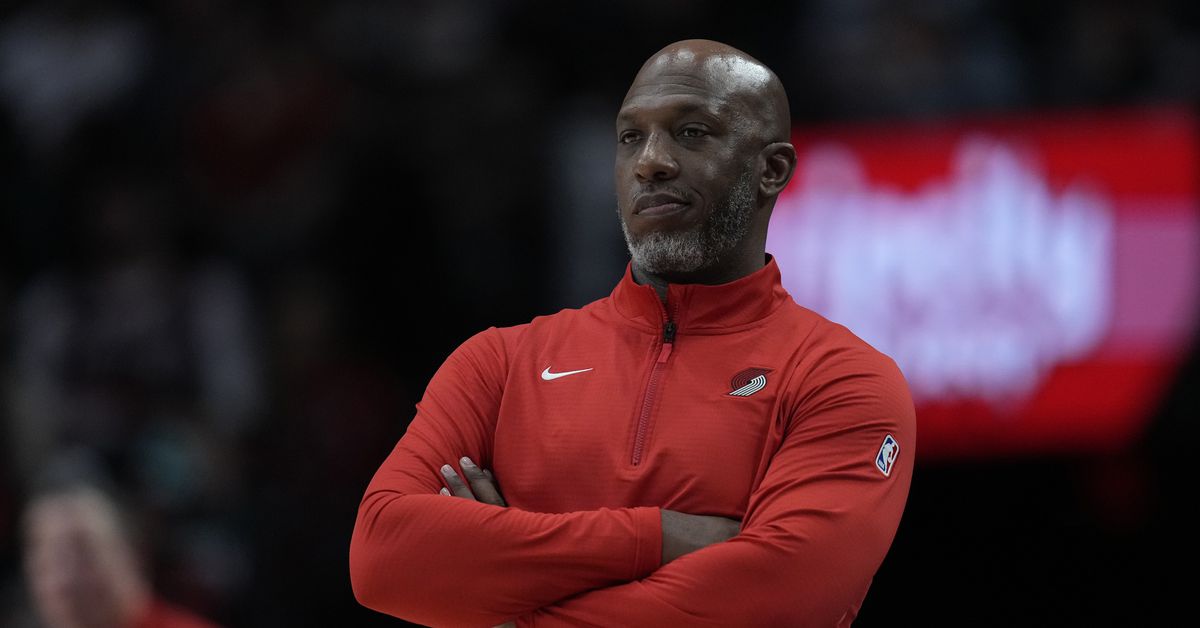

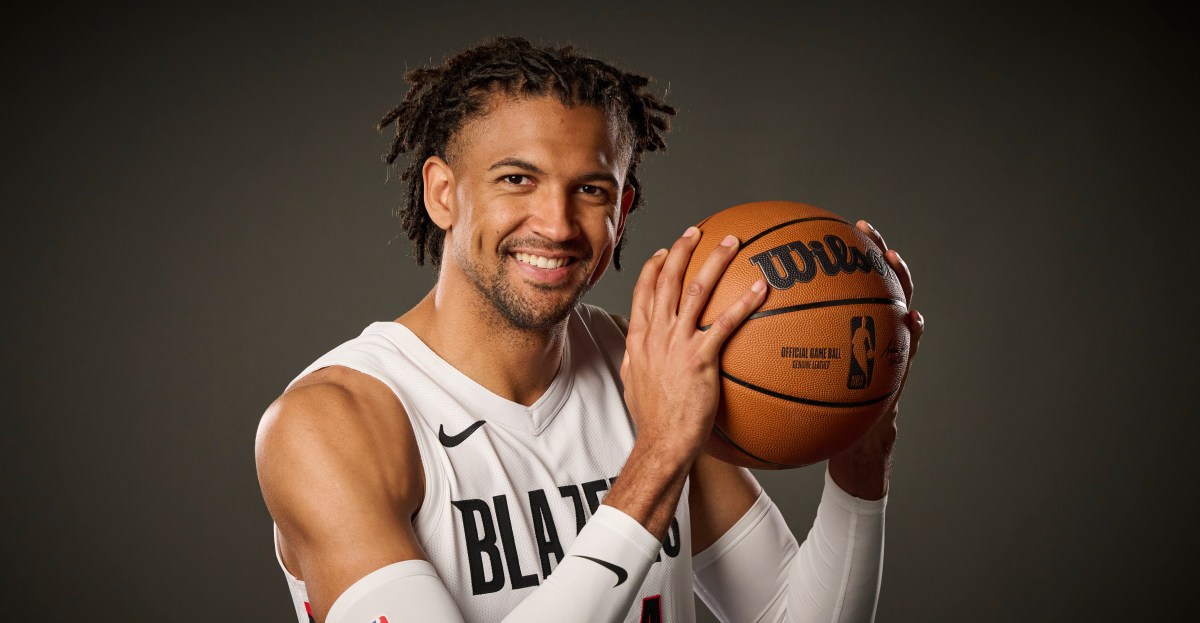
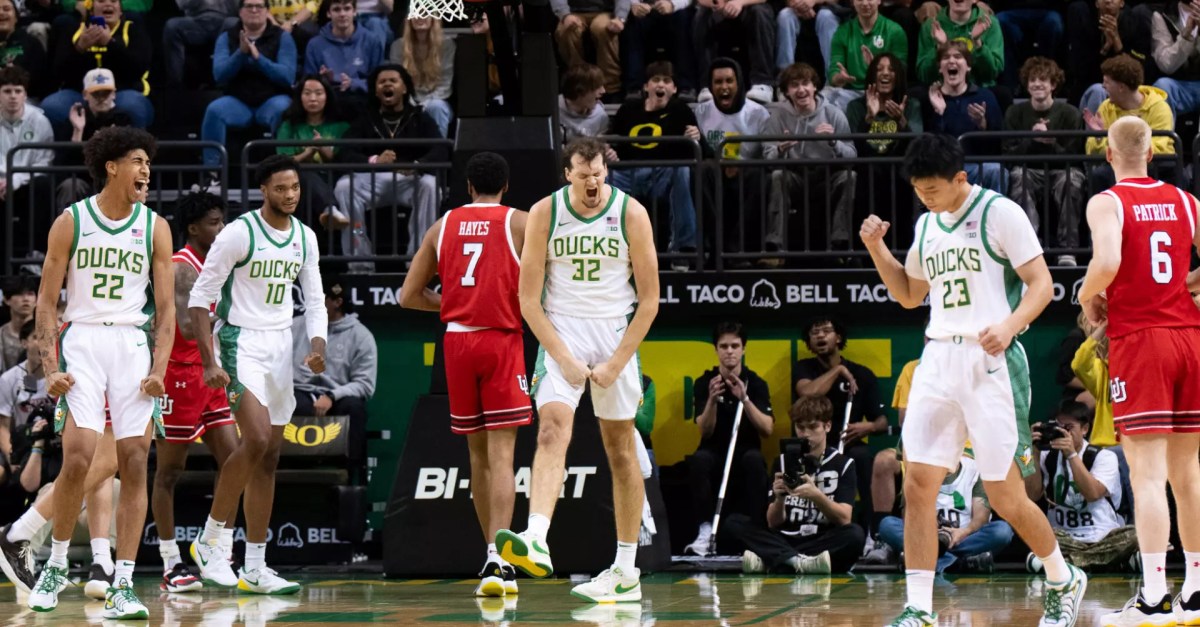
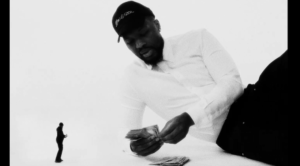
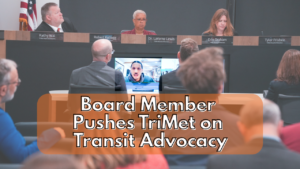

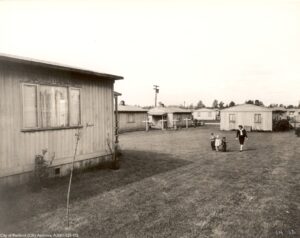






Post Comment